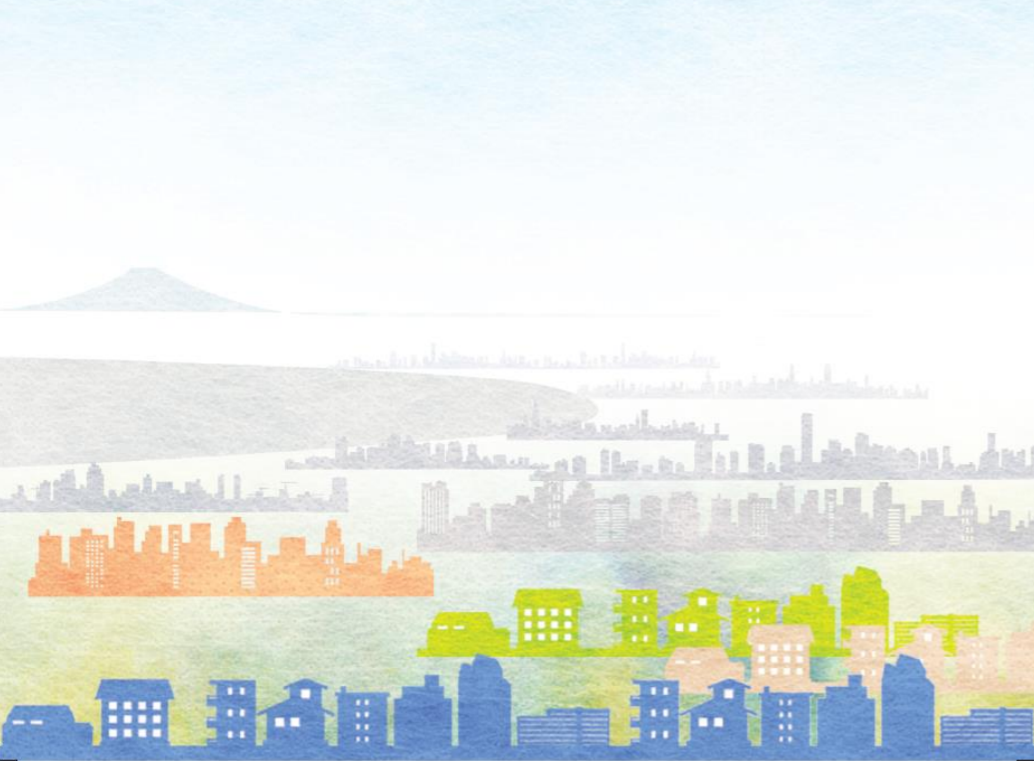Index Based Livestock Insurance (IBLI) 09
In my last 8 posts, we have been reviewing academic papers on IBLI. In this post, I would like to introduce Russell (2021), which is a much shorter document than academic papers but I have sentimental value with. I would like you to read his post before this post.
The reason why I have sentimental value with his post is that not only it mentions me several times but it summarizes my work over 16 years from 2005 to 2021.
My 3rd post https://apsf.jp/en/2020/11/04/everyday-policy-studies-no-en22/ mentions that I was so excited to go to Marsabit for household survey after a year of office work in Nairobi. The first sentence of his post mentions that I was very surprised by how dry Marsabit is. This video https://www.standardmedia.co.ke/ktnnews/ktn-prime/video/2000210938/pangs-of-neglect-how-marsabit-residents-battle-drought-water-scarcity-as-country-battles-covid-19 uploaded a week ago by one of major TV news companies in Kenya might give you an idea. Both Bubisa and Lontolio in the video are study sites for the IBLI Marsabit Survey. Here, I would like to add another surprise I got before I reached at Marsabit. At that time in 2009, the main road from Isiolo to Marsabit has not been paved with tarmac yet. I saw Marsabit was dry and scarcely populated but the most surprising for me might be the way our land cruiser went over corrugated dirt road with high speed.
The seventh paragraph of his post mentions Ikegami et al. (2020) as social protection paradox but does not mention that I started working on it in 2005 when I started working as an research assistant for Michael Carter. It was also the paper I have submitted to a peer reviewed journal for the first time. I remember I was so excited when we submitted it.
The fourth last paragraph of his post introduces Janzen et al. (forthcoming). We have started working on this paper in 2011. This paper follows up the previous paper by focusing index insurance as a tool to prevent households from falling into poverty traps. I am planing to summarize these two papers in my next post.
Reference
Ikegami, M., M. R. Carter, C. B. Barrett, and S. Janzen (2019) “Poverty Traps and the Social Protection Paradox” in C. Barrett, M.R. Carter and J.-P. Chavas eds. The Economics of Poverty Traps. University of Chicago Press. Chapter 6. pp.223-256 https://press.uchicago.edu/ucp/books/book/chicago/E/bo28559644.html
Janzen, S., M. R. Carter, M. Ikegami (forthcoming) “Can Insurance Alter Poverty Dynamics and Reduce the Cost of Social Protection in Developing Countries?” Journal of Risk and Insurance https://onlinelibrary.wiley.com/doi/full/10.1111/jori.12322
Russell, Alex (2021) “Insurance for Vulnerable Families Cuts Rural Poverty and the Cost of Aid by Half” https://basis.ucdavis.edu/news/insurance-rural-families-cuts-poverty-and-cost-aid-half Accessed on May 7th, 2021
(Author: Munenobu Ikegami)
